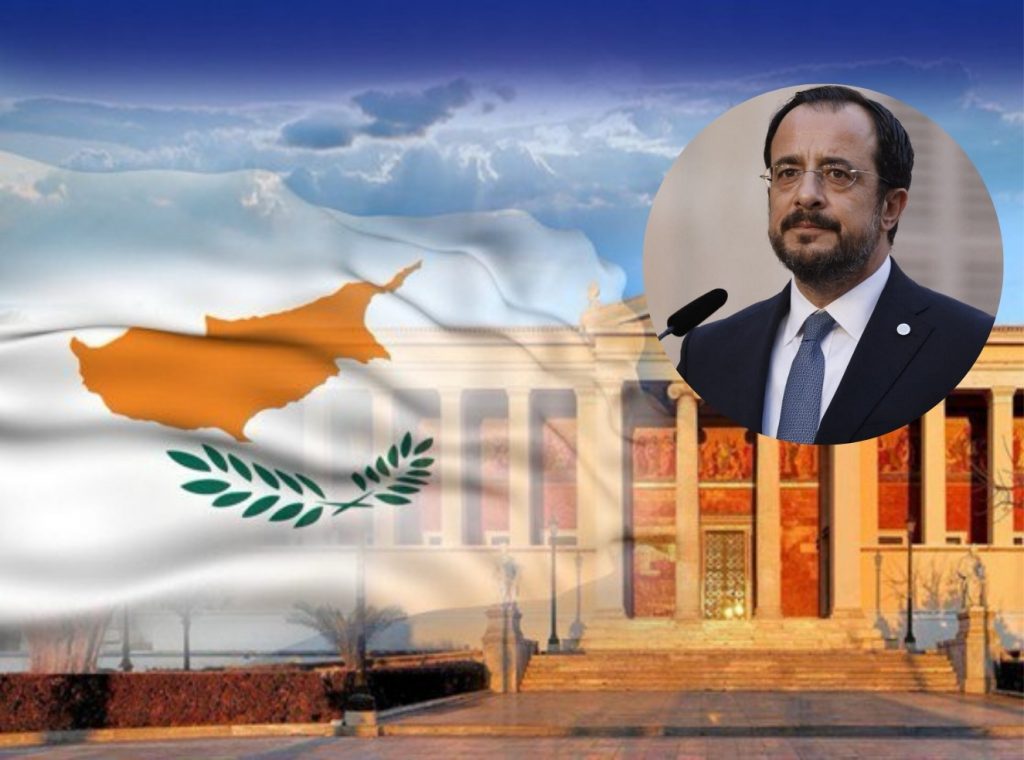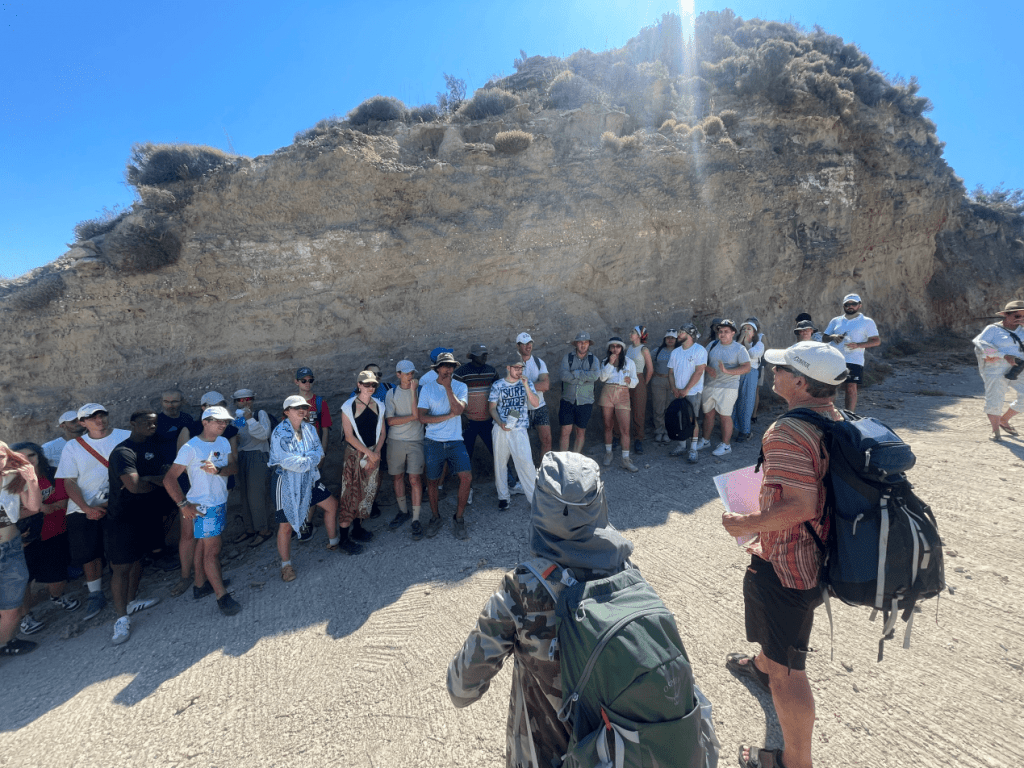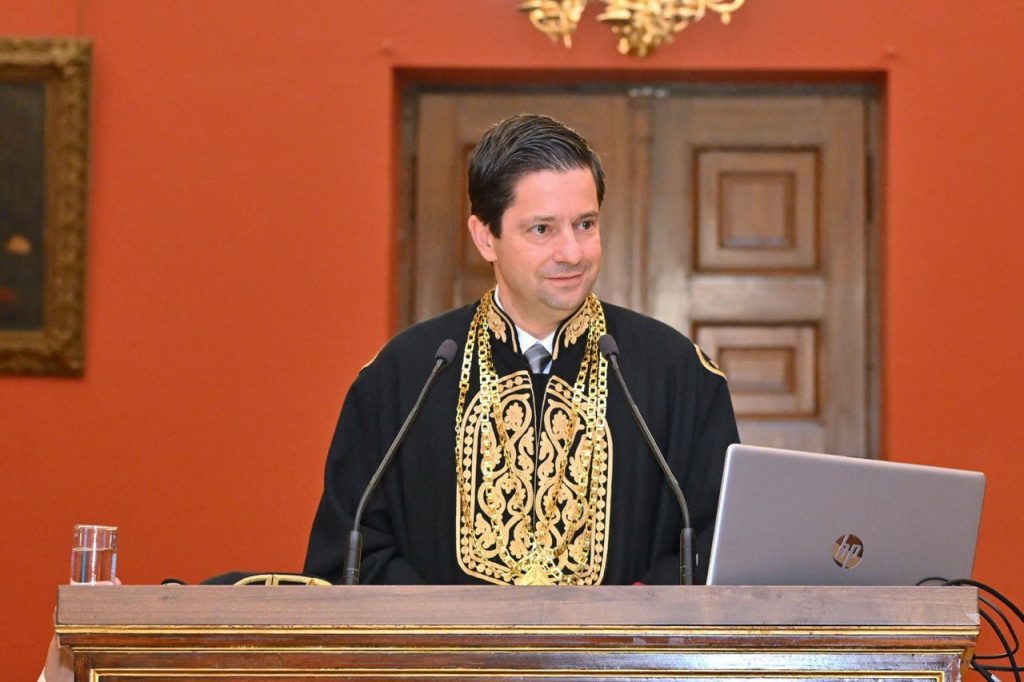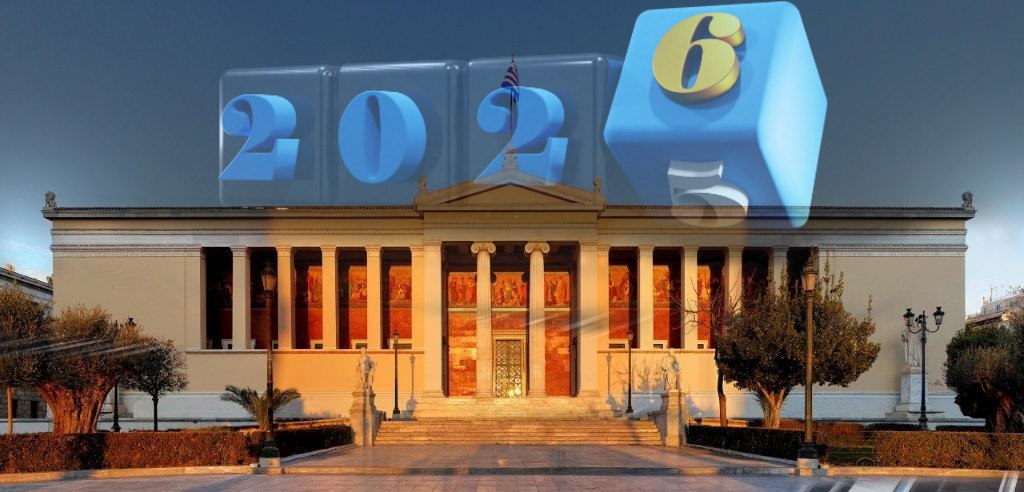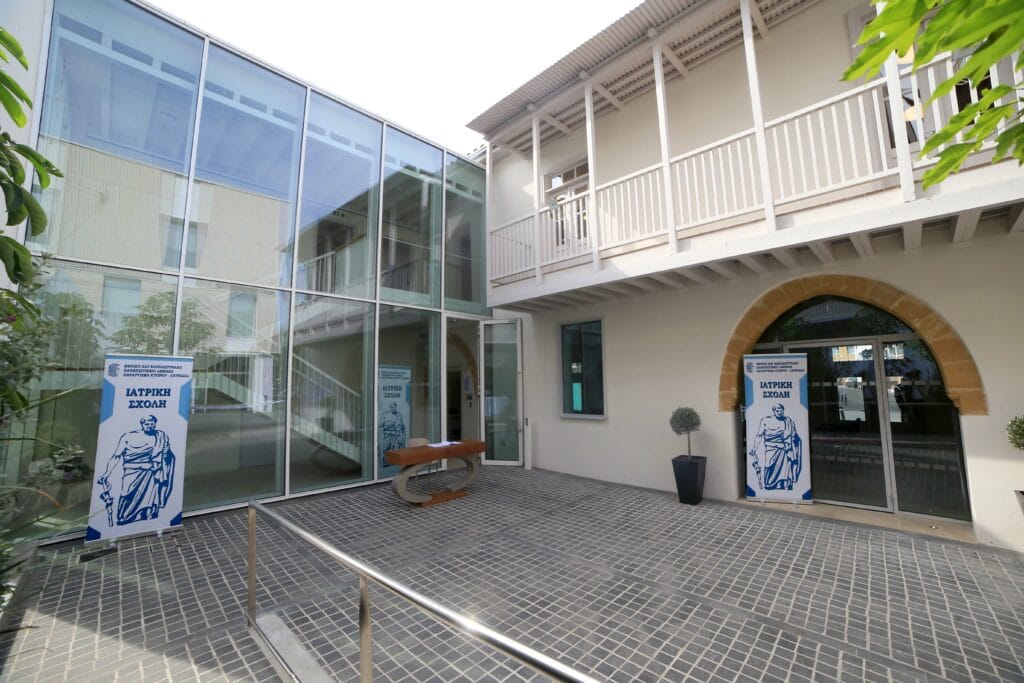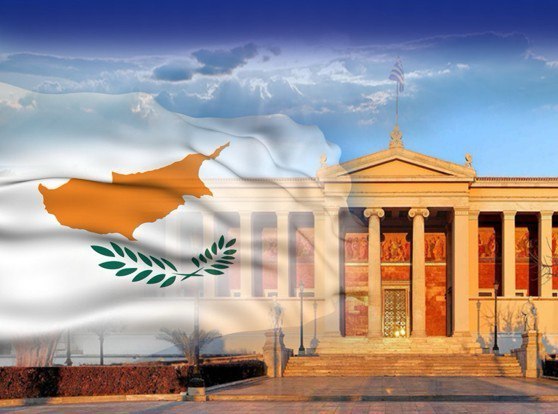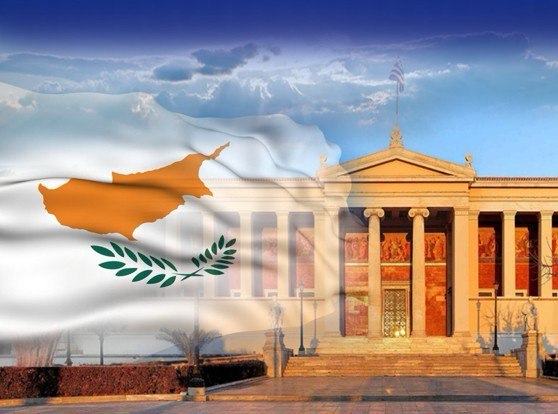Deadline: 10 October 2022

CIVIS aims to create a truly unique European interuniversity campus where students, academics, researchers, and staff move and collaborate as freely as within their institution of origin. It develops a deep level of European integration, involving joint learning pathways, the development of complementary research facilities, and diverse degree pathways.
CIVIS unites efforts and experiences to develop a European University with strong links to its local social and geographical environment and an orientation toward global challenges.
Within this framework, each University is selecting three students (as well as three substitutes) to serve as CIVIS Ambassadors who will promote the mission and goals of the CIVIS Alliance within their home institutions. Ideally, the three cycles of studies and different academic disciplines will be represented through the selected Ambassadors.
Why become a CIVIS Ambassador?
Serving as a CIVIS Ambassador is a unique way to contribute to the CIVIS mission and vision: the creation of a European University, connected to its social environment and open to the world. Your engagement as a CIVIS Ambassador will undoubtedly be an asset to your personal and professional development through:
- Further developing your social media skills through managing social media campaigns (in collaboration with the CIVIS Communication team)
- Building teamwork skills through collaborating across borders with other ambassadors
- Making the most of networking opportunities; being part of the CIVIS Community: a diverse community of 10 European Universities that brings together more than 470 000 students and 68 000 staff members including 35 000 academics and researchers; a community that will gradually transform into a unique European interuniversity campus, where students, academics, researchers, and staff will move and collaborate freely
- Engaging with peers to promote a life-changing experience
- Making the most of available travel opportunities (e.g. travel costs covered by CIVIS for your participation in the Global CIVIS Days)
- Earning a CIVIS Ambassador badge for your CIVIS Passport -a digital tool where each CIVIS activity undertaken by a student will be recorded and awarded a badge. The CIVIS Passport will be shareable with academic communities and prospective employers
What does a CIVIS Ambassador do?
Selected CIVIS Ambassadors will serve for up to two academic years and will be responsible for promoting CIVIS within their home universities.
Examples of duties and responsibilities
CIVIS Ambassadors will:
- Be the first point of contact for their peers interested in learning more about the alliance
- Participate in the University’s orientation days and welcome events for incoming students
- Organize Virtual Cafés for future students
- Organize university and city tours for incoming students
- Participate in information sessions for outgoing students
- Participate in Global CIVIS Days
- Assist in the organization of CIVIS Student days in their universities
- Communicate regularly with other CIVIS Ambassadors in the other CIVIS partner Universities to share ideas, initiatives, and experiences
- Advocate for and assist in disseminating CIVIS initiatives in their community
- Be in touch with Alumni regarding CIVIS initiatives and activities, as well as on a need-to basis with the CIVIS team and the International Relations departments regarding the above
- Cooperate with the CIVIS Student Council
CIVIS Ambassadors: Selection Criteria?
Minimum requirements:
- Mobility experience: Prior experience with long-term Erasmus+ mobility or/and participation in a CIVIS course (short-term mobility course/ hub project)
- Applicants need to be enrolled at their home university in a Bachelor’s, Master’s, or PhD program to be eligible for selection. Please note: students enrolled at the University through national or international exchange programs are not eligible candidates. If in doubt about your enrollment status, please check with your home university’s International Office
- Very good command of English (minimum: level B2)
- Strong communication skills
- Excellent organization skills
Desirable qualifications:
- Knowledge of more than one language of the Alliance
- Civic engagement
Please note: Among several candidates, selection will take into account the different levels of study, equal gender representation, the need to represent different academic fields, and academic excellence.
HOW TO APPLY?
Students who are interested in becoming CIVIS Ambassadors should submit before 10 October 2022:
- A CV in English
- A short statement in English in which you outline the reasons for wishing to serve as a CIVIS Ambassador (max 200 words)
- A copy of the English language certificate
Please note: Candidates may also be called in for an interview at a later stage.
Applications should be sent to:
(Please check the list below for your home institution’s contact info). Each University will be responsible for selecting its ambassadors according to the selection criteria above.
- Aix-Marseille Université: Olivier Fondanaiche
- National and Kapodistrian University of Athens: info-civis@uoa.gr
- Universitatea din București: Raluca Amza
- Université libre de Bruxelles: mobilite@ulb.be
- University of Glasgow: civis@glasgow.ac.uk
- Universidad Autónoma de Madrid: civis.mobility@uam.es
- Sapienza Università di Roma: civis_shortmobility.ari@uniroma1.it
- Paris Lodron University of Salzburg: Elona Memisha-Schnappinger
- Stockholm University: Emma Lundhag
- Eberhard Karls Universität Tübingen: Julia Rebholz




